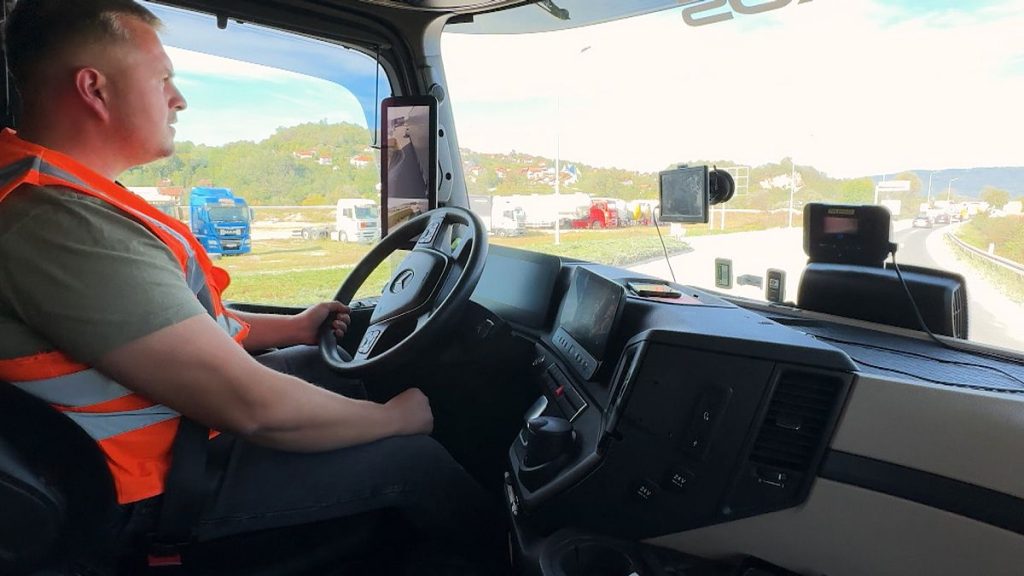Bosnia and Herzegovina is currently working on the construction of transport corridor Vc, aimed at connecting the Croatian port of Ploče with the Bosnian capital Sarajevo and industrial cities within the region. This infrastructure project is seen as crucial for upgrading ties with neighbouring countries in the Balkans and improving traffic interconnections with European markets. The European Union is heavily involved in financing the project, providing grants and cheap loans to support the country’s development and economic growth. The highway will enable better transportation links for companies operating in the region and is expected to create jobs and boost industrial growth.
The region known as “the iron heart of Bosnia” has a tradition of iron processing and manufacturing, but faces challenges related to finding skilled workers due to emigration to higher-wage EU countries. Companies like NCMC are striving to expand production and are looking to recruit more employees, but face obstacles related to poor transport links, particularly an outdated railway network within Bosnia. The completion of the highway is expected to alleviate some of these challenges and improve the transport of goods, making it easier for companies to conduct business and expand their operations.
Workers like truck driver Armin Mević are eager for Bosnia to join the European Union, as it would streamline border crossings and make transportation more efficient. The highway construction is seen as a positive development for workers like him, who rely on smooth transport for their jobs. However, there are concerns about the slow progress of the motorway expansion and delays caused by administrative inefficiencies in Bosnia. The EU is emphasizing the importance of strengthening public administration, fighting against corruption, and implementing anti-corruption legislation as part of the country’s journey towards EU membership.
The EU’s investment in building infrastructure in Bosnia and Herzegovina is part of a strategy to integrate the Western Balkans region into the European Single Market and promote economic growth across the continent. Infrastructure development is seen as a priority for the EU in fostering stability, prosperity, and closer ties with countries aspiring to join the bloc. The highway project is expected to be completed by 2030, though there are doubts about whether this timeline is realistic given the country’s political divisions and challenges related to governance. However, if the country’s different ethnic groups can come together and work towards a common goal, there is potential for a brighter future and improved connections with Europe.
The Bosnian highway project is not only about building physical infrastructure but also about strengthening ties with the European Union and enhancing economic development in the region. The project is seen as a crucial step towards Bosnia’s goal of becoming an EU member, as it will improve transportation links for companies operating in the country and facilitate trade with European markets. Investment from the EU and other international institutions is aimed at supporting Bosnia’s reforms and upgrading its infrastructure to meet European standards. The completion of the highway is expected to bring economic benefits, including job creation, industrial growth, and improved connectivity for businesses in the region.
Overall, the construction of transport corridor Vc in Bosnia and Herzegovina represents a significant step towards upgrading the country’s infrastructure and fostering closer ties with the European Union. The project is seen as essential for improving transport connections within the region, facilitating economic growth, and creating opportunities for businesses to expand and thrive. Despite challenges related to administrative inefficiencies and political divisions, the highway project is viewed as a vital investment in Bosnia’s future, with the potential to bring long-term benefits for the country and its people.


